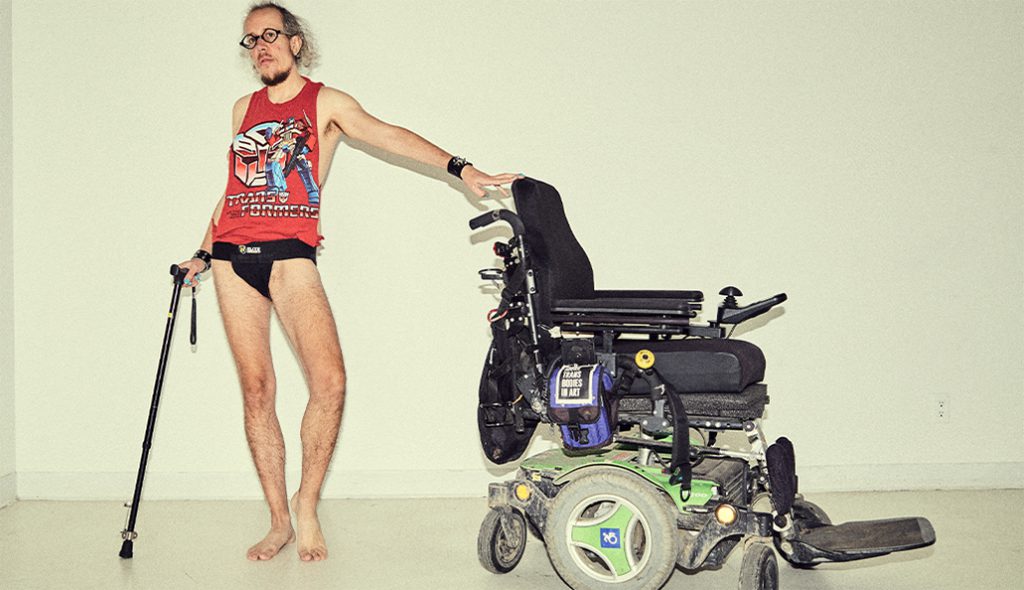Disclosing
It can be hard to disclose being trans to any potential or current sexual partners. It can also be hard disclosing other personal information, like a disability.
Tips from our community
- “Choose to disclose in a safer or public space where there are easy exits.”
- “Bring up topics related to the subject to find out where the person stands on the issue.”
- “Be prepared to explain certain terms to others, since not all people may know what a certain term means. But don’t feel pressured to be an educator.”
Note: In some situations, Canadian law requires you to disclose that you’re HIV positive (see Disclosing that you have an STI).
Self-Care
When we disclose personal details about ourselves, we may experience rejection. At times we might face blatant transphobia, homophobia, or other kinds of discrimination.
Tips from our community
- “Try to practice self-forgiveness. It’s not your fault how people respond.”
- “Don’t internalize people’s messages or reactions.”
- “Know your rights. Knowledge is power (see the Resources page).”
- “Spend time with affirming friends and your community.”

Accessing sexual health services that are affirming of our gender can be hard. It’s not always comfortable for us to disclose our gender identities to our healthcare providers. And sometimes, even when we do disclose, a lack of knowledge about our health needs still makes access hard.
